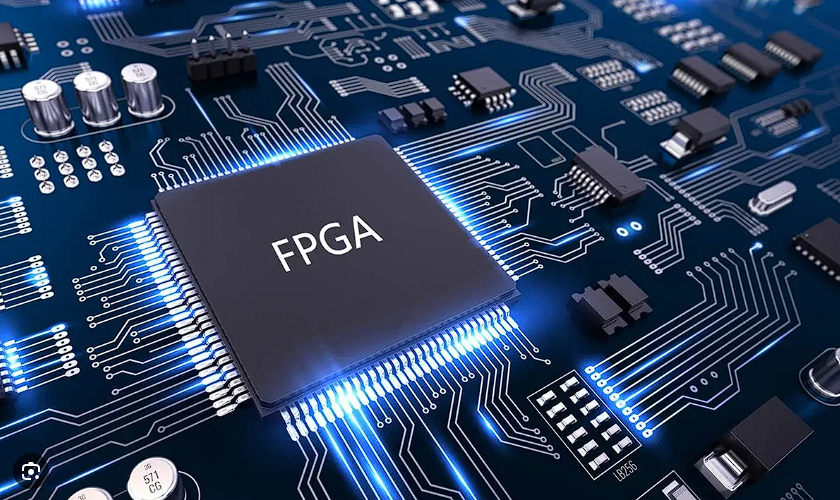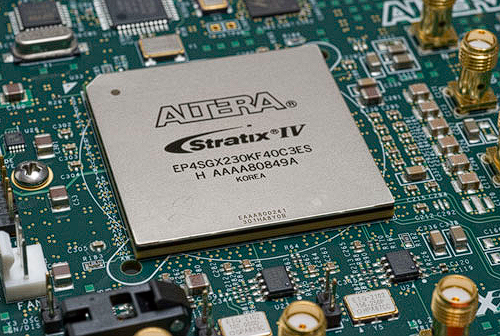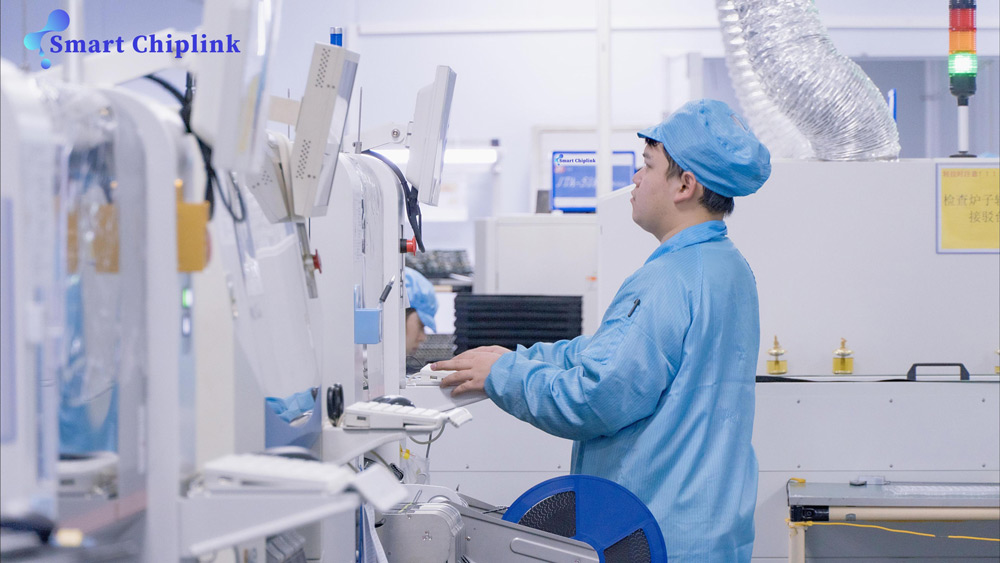
In recent years, with the rapid development of information technology, the field of digital circuit design is also changing with each passing day. In this field, Field Programmable Gate Array (FPGA) IC chip, as an important integrated circuit device, is gradually attracting people's attention and favor. This article will discuss the characteristics, application fields and future development prospects of FPGA IC chips.
1. Characteristics of FPGA IC chips
FPGA is a programmable logic device. Compared with traditional ASIC (Application Specific Integrated Circuit), it has the following significant characteristics:
- Programmability: FPGA chips are programmable. Users can program their internal logic gates, registers and internal connections as needed to achieve different digital circuit functions.
- Flexibility: FPGA chip design is flexible and can adapt to various application requirements. Compared with fixed-function ASICs, FPGAs are more flexible and customizable.
- High integration: FPGA chips integrate a large number of logic resources, including logic gates, registers, RAM, etc., which can realize complex digital circuit design.
- Reconfigurability: The FPGA chip supports online reconfiguration. Users can reconfigure the logic functions of the FPGA chip without shutting down, thereby achieving dynamic updates and optimization.
2. Application fields of FPGA IC chips
Due to its unique characteristics, FPGA chips are widely used in various fields, including but not limited to the following aspects:
- Communication field: FPGA chips are widely used in communication equipment, including routers, switches, base stations, etc., to implement processing and data transmission of various communication protocols.
- Image processing field: FPGA chips have important applications in the field of image processing, including digital cameras, video surveillance systems, medical image processing, etc., and can realize functions such as real-time image processing and video encoding and decoding.
- Automotive electronics field: FPGA chips have important applications in the automotive electronics field, including in-vehicle entertainment systems, driving assistance systems, in-vehicle communication systems, etc., and can realize complex in-vehicle electronic control functions.
- Industrial control field: FPGA chips are widely used in the field of industrial control, including PLC (programmable logic controller), industrial automation systems, robot control systems, etc., and can realize high-performance industrial control functions.
3. Future development of FPGA IC chips
With the continuous development of information technology and the increasing demand for applications, the future development prospects of FPGA chips are very broad:
- High performance: In the future, FPGA chips will continue to develop in the direction of high performance, including increasing logic density, reducing power consumption, increasing operating frequency, etc., to meet the growing application needs.
- High integration: In the future, FPGA chips will further increase their integration, integrate more logic resources and peripheral interfaces, and realize more complex digital circuit designs.
- Multi-core technology: In the future, FPGA chips will further develop multi-core technology to integrate multiple processing cores on the same chip to improve parallel computing capabilities and system performance.
- Intelligent: In the future, FPGA chips will further develop intelligent technologies, including integrating artificial intelligence algorithms, deep learning models, etc., to achieve more intelligent digital circuit design.

In summary, FPGA IC chip, as an important integrated circuit device, has the characteristics of programmability, flexibility, high integration, etc., and has broad application prospects in communications, image processing, automotive electronics, industrial control and other fields. With the continuous development of information technology and the increasing demand for applications, FPGA chips have a very broad future development prospects and will continue to play an important role in the field of digital circuit design.

 English
English






